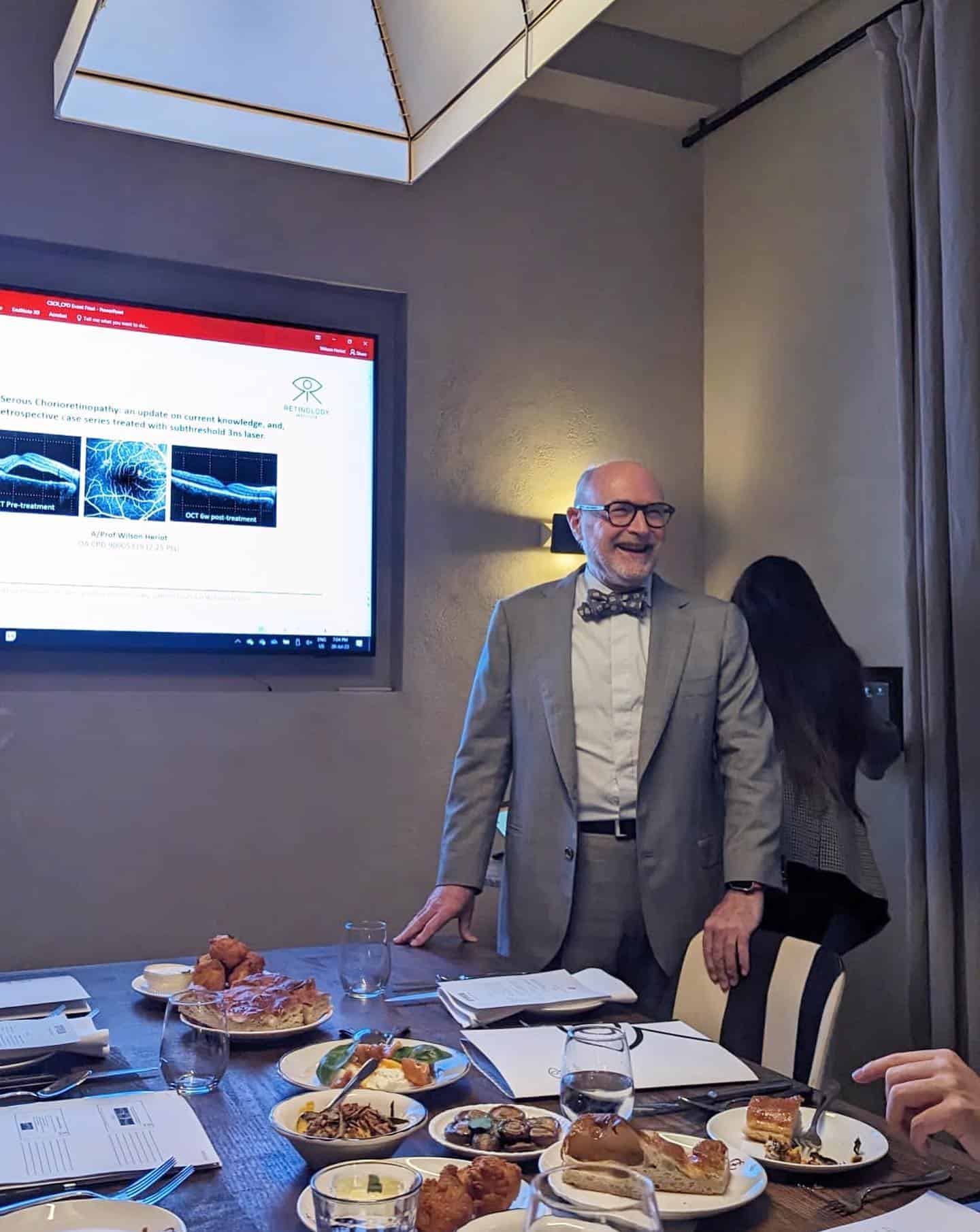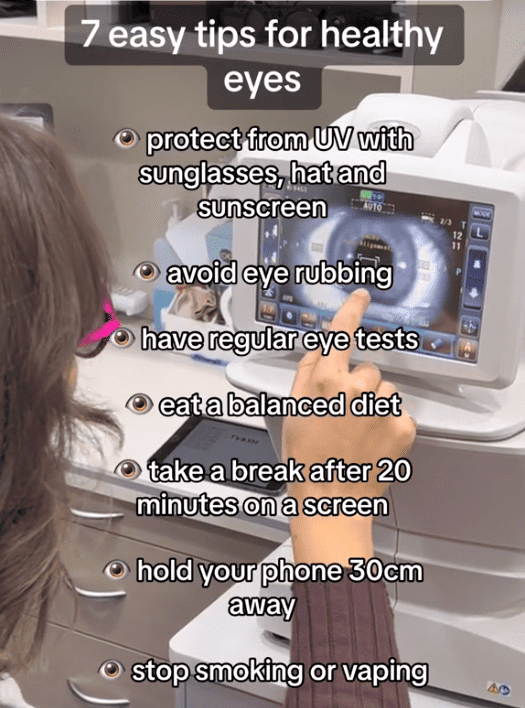Progressive myopia is an epidemic affecting children and teenagers worldwide, with recent research showing an increase in the progression of myopia in children and teenagers throughout COVID lockdowns.
There is however good research around what can be done to potentially reduce progression. At Canterbury Eyecare we have a range of myopia management options available such as Ortho K hard contact lenses, multifocal soft contact lenses, specifically designed spectacle lenses and prescription eye drops. For more information about these options please book an appointment with one of our Optometrists.
There is also more than just optical interventions, an article by leading research organisation the Brien Holden Vision Institute notes the following factors in preventative measures:
High illumination — Spending more time outdoors during the day allows bright light to reach the retina and stimulates dopamine release that may reduce eye growth.
Pupillary miosis (constriction) and increased depth of focus — Distance viewing would result in less image blur and decreased peripheral hyperopic defocus, thus delaying myopia’s onset.
Ultraviolet (UV) light exposure— Exposure to violet light (360 to 40 nm) upregulated the myopia suppressive gene (EGR1) in chicks, and violet light transmitting contact lenses suppressed progression in myopic children.
Spectral composition of the light — In chicks, there was less form-deprivation myopia when exposed to UV and blue light compared to white light, red light, or when kept in a dark room.
Optical infinity/uniform dioptric space — Outdoor environment with far viewing results in less dioptric difference between elements and may prevent the onset of myopia.
Retinal Image Quality — In adult myopes, retinal image quality while performing near tasks was studied. It concluded that a poor quality image quality causing central and peripheral image degradation might stimulate eye growth.
Contrast — Reading for prolonged hours without breaks may induce contrast adaptation to the high contrast letters being viewed. Contrast adaptation was hypothesized to be associated with the development of myopia.
Which Environmental Factors Potentially Reduce the Progression of Childhood Myopia? | BHVI
Meaning best practice for potentially slowing myopia progression would be recommending children do the following:
- Spend at least 2 hours a day outside, with appropriate UV protection such as wearing a hat, sunscreen, sunglasses etc
- Avoid reading at a distance closer than 30cm and for more than 30 minutes at a time
- Take frequent breaks from near work
To learn more or discuss this further, book an appointment with one of our Optometrists.


